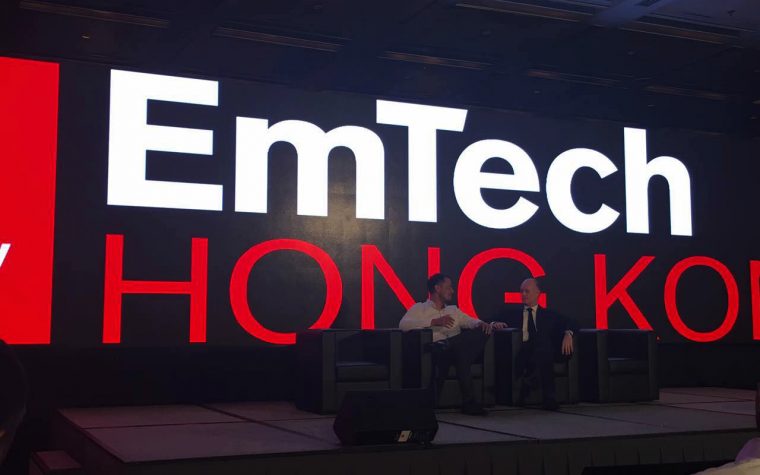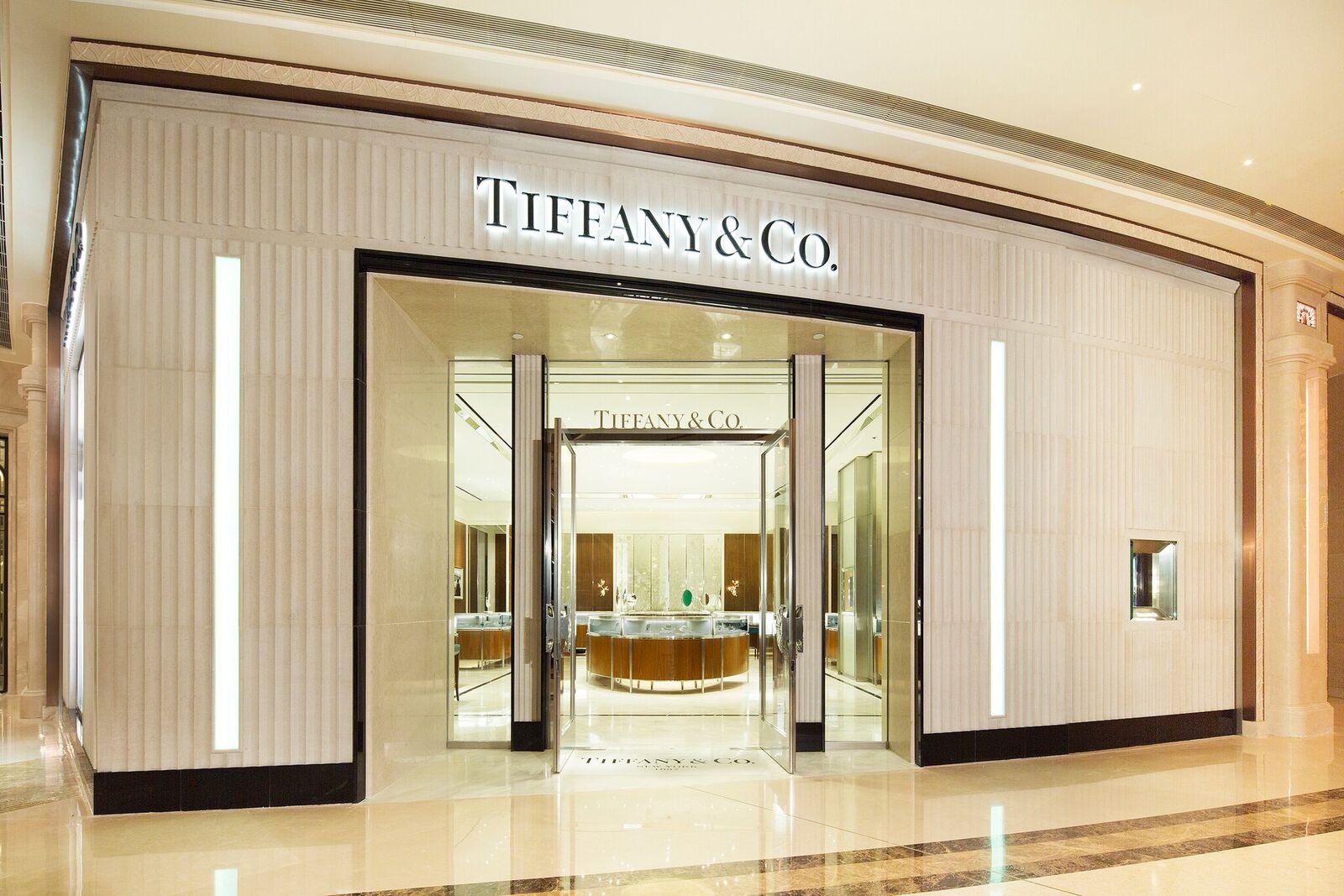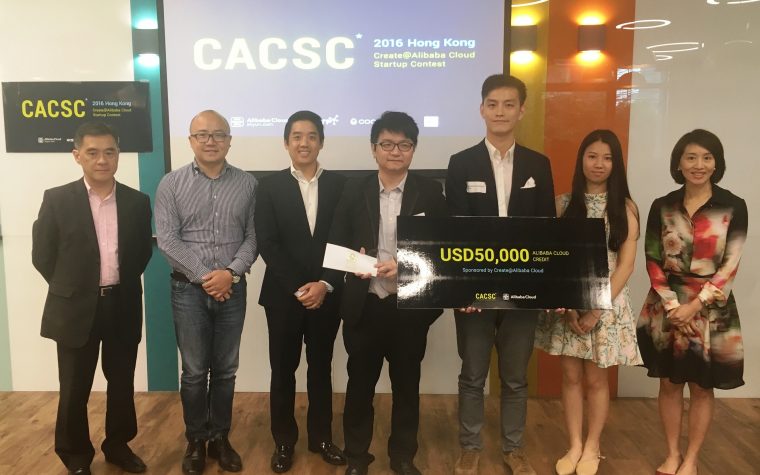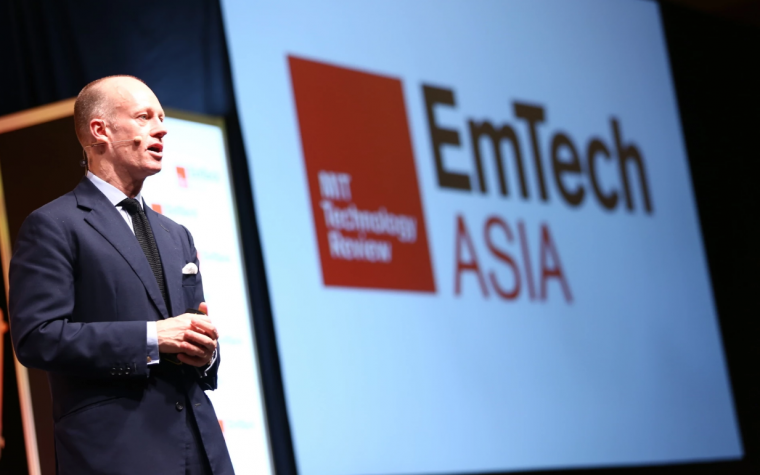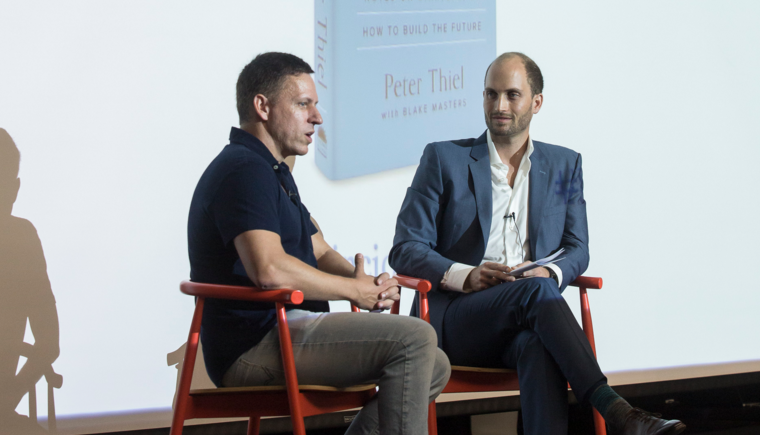Having been known as the polished TV personality at Dolce Vita on Pearl Television and a well dressed bowtie emcee at multiple international corporate events, Desmond So has long been an active advocate for etiquette in a city like Hong Kong. With one of a kind background excelling in J.D. and M.B.A. in the States, he has come up with the idea to start “Not Just The Right Fork” when he was working in private banking in Hong Kong and noticing the margin for improvements for lots of people on formalized etiquette and communications skills training. After the growing realization that there is a need to split the business models post launching his first venture, an executive decision has been made that “Not just the Right Fork” would focus entirely on children while a new company “East-West Institute of Applied Etiquette” would cater to adults, executives and professionals in Hong Kong, Macau and China. One of the worst experiences of etiquette that Desmond has encountered previously was with two children that he was coaching and during those few hours spending time with them, he realized their behaviors were a result of parental neglect more than being ill-mannered. By talking with them and offering a sympathetic ear, Desmond got them to open up and was able to make some changes in their behaviors after just 2 hours.
 Desmond believes that a key component of etiquette is respect. He never faults people for not knowing the small nitty-gritty principles but one should always respect others and practice basic human decency. When someone is rude not because he or she doesn’t know a technical rule but because he or she chooses to treat others with ill will or contempt, Desmond then finds it deplorable and unacceptable.
Desmond believes that a key component of etiquette is respect. He never faults people for not knowing the small nitty-gritty principles but one should always respect others and practice basic human decency. When someone is rude not because he or she doesn’t know a technical rule but because he or she chooses to treat others with ill will or contempt, Desmond then finds it deplorable and unacceptable.
Desmond points out that when meeting somebody, people tend to notice a person’s physical attributes first, which include height, posture, features, facial expressions, hair, makeup, attire and accessories but close on the heels of physical attributes are body language, voice, and conversation and he thinks that it behooves people to get all of these things right when greeting others. These are the public figures who have caught his attention whom he finds them to have high sense of etiquette: Government à Ms. Carrie Lam (Chief Secretary); Private Sector à Mr. Daryl Ng (Sino Group); Media à Mr. Robin Hu (SCMP); and Entertainment à Mr. Anderson Junior 安德尊 (Actor/Presenter).
Etiquette can be very broad and refer to generally prescribed conduct relating to social behaviors or it can refer to narrow guidelines specific to an occasion or activity (e.g., dining etiquette). From Desmond’s observations, one area that finance and fintech professionals in Hong Kong can improve on imminently is business attire. Perhaps because a lack of education in this area along with external factors like the influence of K-pop; his human resource friends have been informing him that business dress code is heading down a slippery slope and needs to be reined in despite the fact that etiquette has become more relaxed over time. Some of the egregious behaviors in workplace or in common social functions that Desmond has noticed are bad table manners (burping; being rude to waitstaff; picking teeth at table; etc.) and poor business etiquette (weak handshakes; failure to use people’s titles; getting too friendly too quickly; inappropriate attire; etc.)
Etiquette is constantly changing. A generation ago, people wrote hand-written letters to each other. Some millennials nowadays have never written a formal hand-written letter. More recently, most people who were used to writing emails for business would not have anticipated yet another disruptive shift to mobile apps such as WeChat and WhatsApp, which takes informality to a whole different level. When asked about how Desmond and his company can shape the future of etiquette, he said “our vision remains to create a more polite, caring, and civil society and to change the way the rest of the world perceives individuals and businesses from Hong Kong, Macau, and China. Every person should practice the same set of etiquette and treat people with respect and decency. There is no class of persons who should be doing things ‘differently’ by virtue of their vocation or industry.”
The majority of people that East-West Institute of Applied Etiquette teaches are business executives or young adults entering a formal business environment. Erring on the side of conservatism would be well advised and appropriate. Desmond also added, “do not confuse being polite with being socially or professionally inapt. Just because someone is well-mannered, well-spoken, does not raise his voice, and says ‘thank you’ a lot does not undermine his ability to convey ideas effectively, act confidently, and achieve what he wants. A well-mannered person is not a pushover.”




